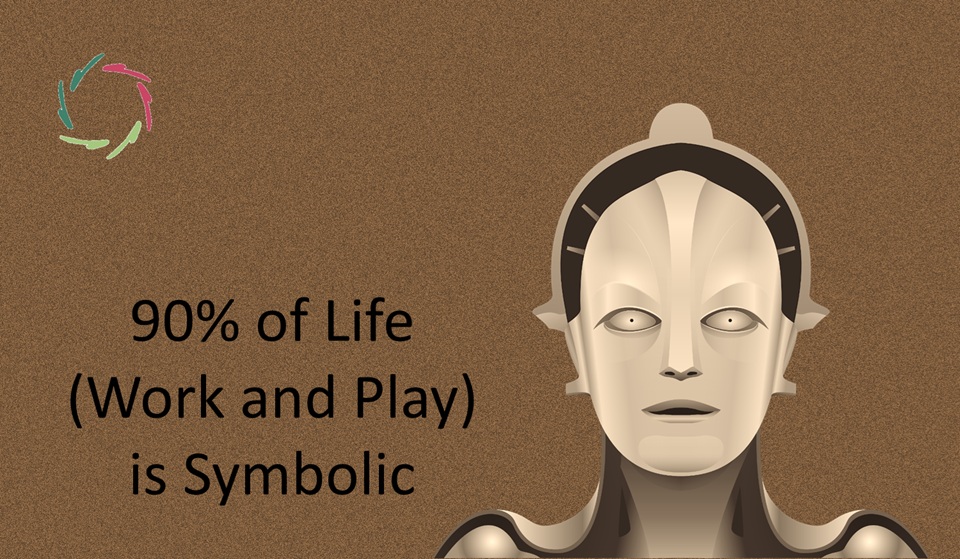Importance of Clarity

Even more important, especially in the domain of AURELIS: striving for clarity, each one doing the best (s)he can.
Vagueness out?
Some find vagueness OK for being able to bring people together where this would otherwise not easily be possible. People can stand behind the same vague idea, so at least they meet, mentally or physically.
While this strikes a chord, some straightforward objections are:
- There are better means to bring people together. To these should be given full chance. Vagueness-based associations make this more difficult.
- This ‘togetherness’ being eventually based on a false premise, may lead to specific problems, one of them being that the vagueness cannot be clarified without the group probably falling apart.
- In order to avoid such problems, vagueness may be more and more necessary -> vicious circle.
- Not sensing a truthful internal cohesion, the group is at risk to find its cohesion mainly in positing ‘them’ (outsiders) against ‘us’ (insiders).
- Within the group, people may be afraid to voice their apprehension about the vagueness, for fear of being ousted.
- …
In short, as far as I’m concerned, one should be very careful with vagueness as groupish glue.
Clarity: tool for dissociation?
Then again, the poetic (deeper) side of human being can be diminished through undue clarity. This is: when the goal of ‘being clear’ is exclusively oriented towards conceptualizing everything.
Indeed, the raison d’être for poetry as such, is: to communicate at another level than the clarity-level, to ‘say what has no (conceptual) words’. So one reverts to metaphors. Note that there is no black-or-white distinction, but a continuum and a fair amount of subjectivity, creativity, trial and error.
Thus, in this, clarity can be used to ‘cut the clutter’… and lose the essence. Poetry – generally speaking – is an intrinsic part of human being. Without it, we are less human. [see: “Rationality and Poetry”]
Without it, we live in a state of dissociation with our deeper self. We ‘lose our very soul.’
Un-nice things do happen.
What clarity is good for
So many things. Clarity is obviously important for the sake of avoiding misunderstandings and for efficiency’s sake in any communication.
Clarity is a builder. It builds stability upon which further clarity can be built, mentally and materially.
Clarity is also necessary for the sake of subtlety.
Surprisingly?
One can have nothing of the latter without the former, although from afar, subtlety may look like vagueness. People frequently mistake it for such. Subtlety is about making as clear as possible what cannot easily be made very clear. Talking about the subconceptual – thus also: AURELIS – much belongs to the domain of subtlety. [see: “Subtlety”]
As a rule of thumb: subtlety belongs to clarity and especially not to vagueness.
Hopefully, this picture makes it clear to you:

Vagueness: no intention for clarity.
Subtlety: huge intention for clarity.
Going back to the beginning of this text, you may see in this my main objection against vagueness.
In short, we should be as clear as possible, but never more than that. Otherwise we lose subtlety and a bit further on that road: most of clarity itself.


